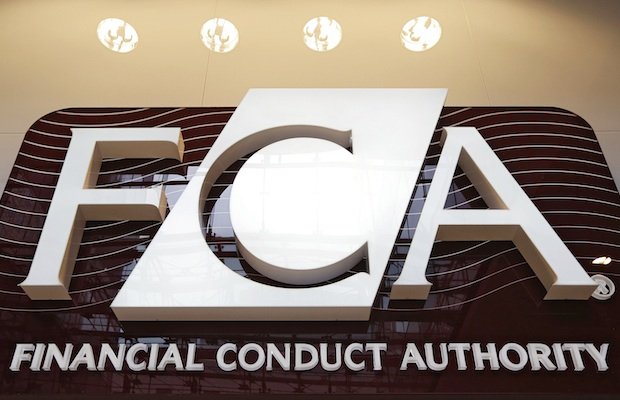Ministers meddling in regulation is ‘recipe for disaster’, says former FCA official

Government plans to exert greater control over financial rule-making are a “recipe for disaster”, a former senior regulatory official warned today, as the government looks to grant itself powers to overturn decisions made by independent City watchdogs.
Matthew Nunan, partner at law firm Gibson Dunn and former head of wholesale enforcement at the Financial Conduct Authority, said today it was not clear why politicians – “few of whom are qualified economists or financial service professionals” – would make “better decisions than financial regulators”.
Nunan’s warnings come as the government presses ahead with plans in the landmark Financial Services and Markets Bill to grant itself “call in” powers that will allow it to intervene in decisions deemed to be in the public interest.
The government is looking to breathe new life into the City post-Brexit with the bill, which will offer it greater oversight of regulation and pave the way to scrap old EU-era legislation.
But Nunan has questioned the safety of shifting power away from the strict regulatory processes followed by bodies like the Financial Conduct Authority and Prudential Regulation Authority.
“I can understand the need for politicians to set policy goals and to guide state functions and regulators in the direction of travel at a macro level. Having the ability to overturn individual decisions at the micro level seems a recipe for disaster,” he told City A.M.
Nunan questioned whether politicians are likely to go through the same lengthy consultation processes and detailed analytical legislative exercises followed by regulators, or if they are “going to make the announcement they think will be most popular before moving on to the next headline.”
“I think we all know the answer to that,” he added.
The comments come amid a brewing clash between the government and the role of regulators in the City. Liz Truss is reportedly mulling a merger of financial regulators and an overhaul of their mandate in a bid to shift growth up the agenda.
The Prudential Regulation Authority, which regulates the nation’s lenders and insurers, said last week in a response to a Treasury Select Committee paper that independence was “vital” to the stability of the financial system, warning that interference could undermine the country’s standing as an “international financial centre”.
Charles Proctor, a regulatory partner at Fladgate, looked to pour cold water on the overhaul of financial regulation being touted by some parts of government today, noting that the UK is still bound by international standards.
“The conflicts between the various objectives are plain to see, and the Brave New World may therefore remain a futuristic concept,” he told City A.M..
“Banks can therefore probably view the current developments with equanimity; the creation of a new British style of regulation will be a very time-consuming and challenging task.”